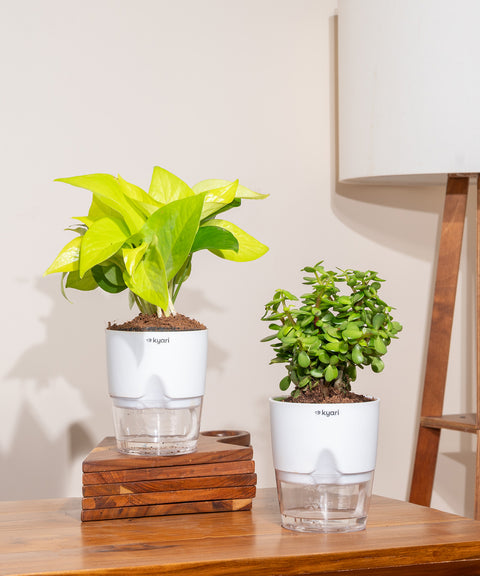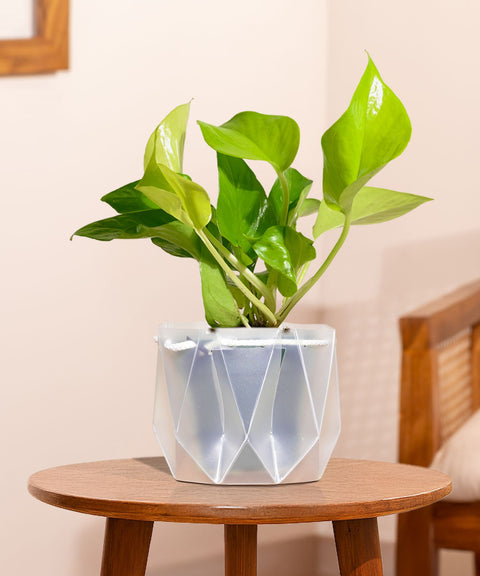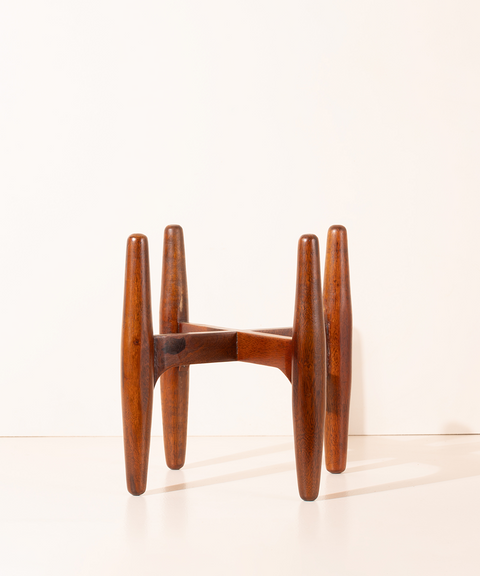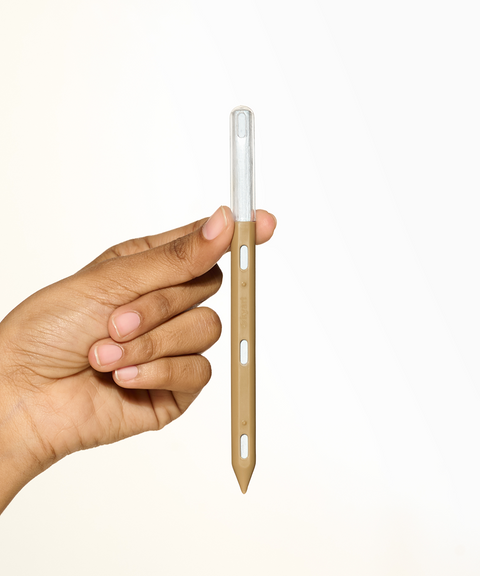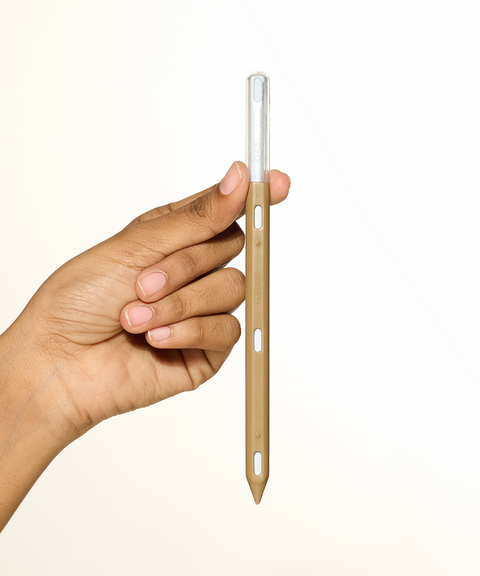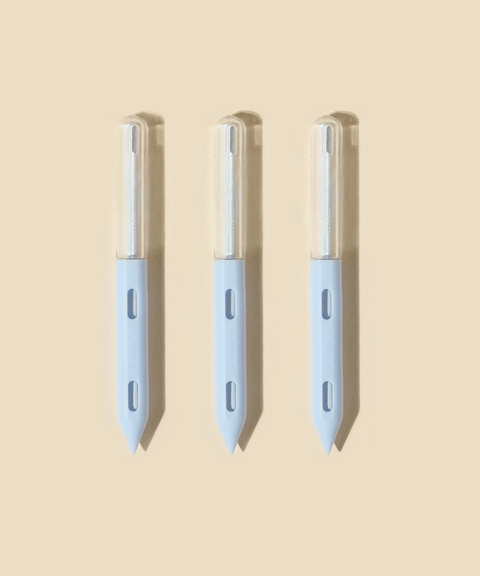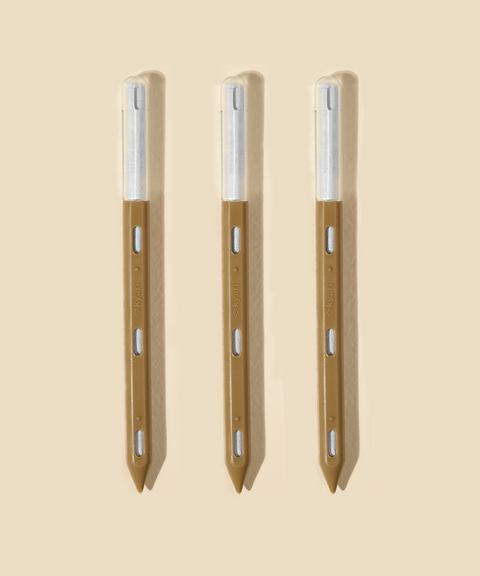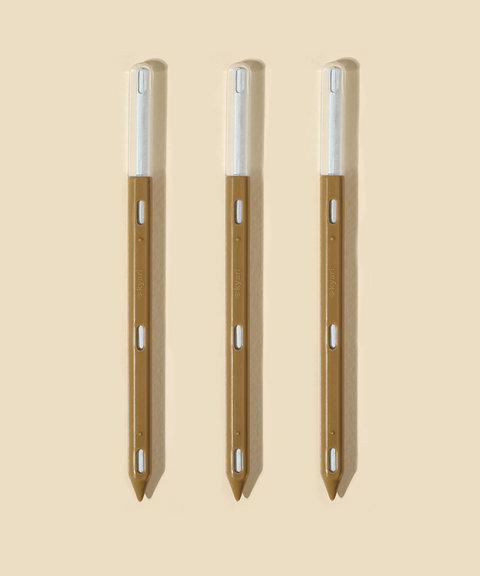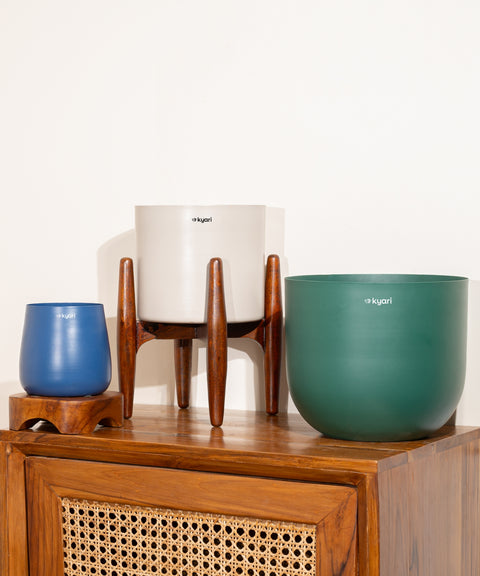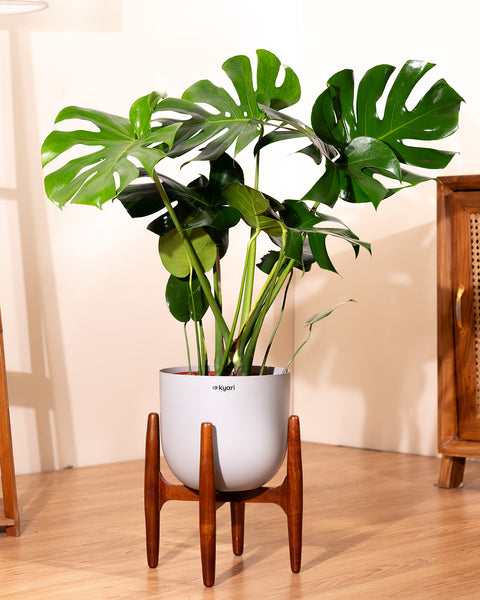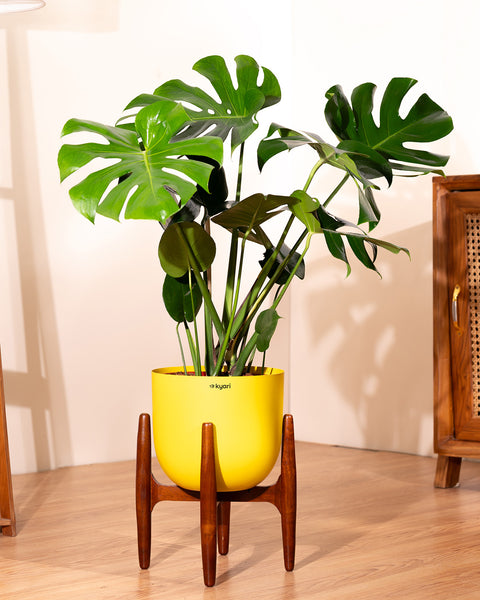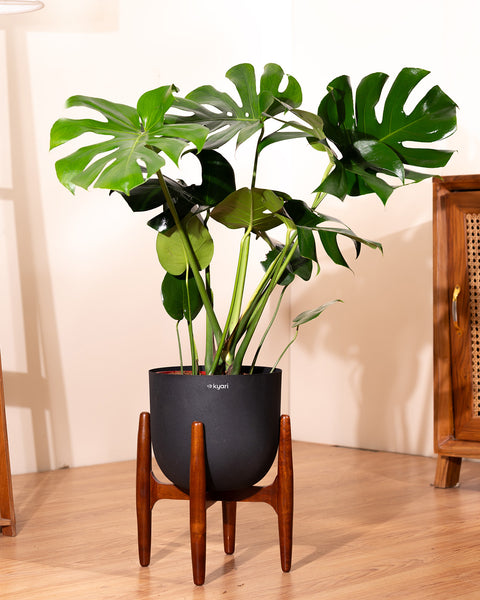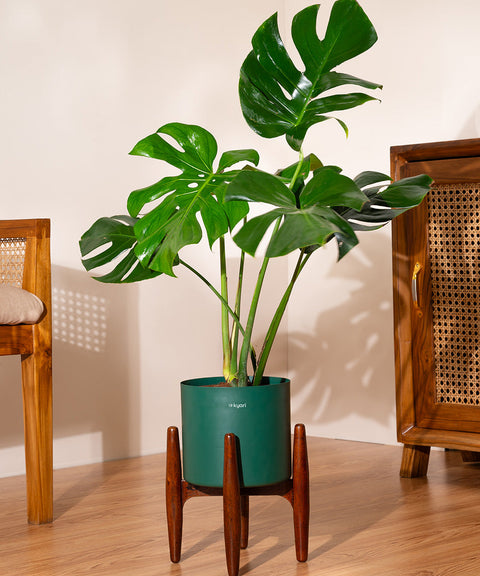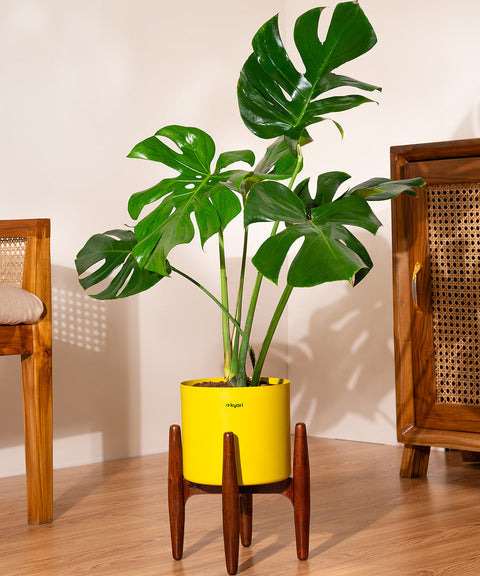About
Snake Plant
The Snake Plant, also known as Mother-in-Law's Tongue, is an elegant and hardy addition to any indoor space. Renowned for its air-purifying abilities and low maintenance needs.
Origin
Native to West Africa.
Light
Thrives in bright, indirect light but can tolerate low light conditions.

Water
Water every 2-3 weeks, allowing the soil to dry out completely between waterings. Water more frequently in brighter light.
Humidity
Adaptable to average household humidity levels.
Back in Victorian times, snake plants were all the rage among botanists and plant enthusiasts. Their ability to thrive in low light and withstand neglect earned them the nickname "Victorian survivalists." These plants were so resilient that they became a symbol of endurance—a bit like the plant version of those tough relatives who survive every family gathering unscathed!
Placement
The Snake Plant is celebrated in feng shui for its ability to cleanse the air and bring protective energy. Here’s how to place it
Place it in the living room to purify the air and bring positive energy.
Position it in the bedroom to promote restful sleep and absorb toxins.
Keep a Snake Plant near the entrance to shield against negative energy.
Frequently Asked Questions
The ideal temperature for a Snake Plant is between 60°F to 75°F (16°C to 24°C).
Water your Snake Plant every 2-3 weeks
Snake Plants prefer bright
Place your Snake Plant in a low to medium light area
Rotate the plant occasionally for even growth and keep the leaves dust-free to ensure optimal health.
Yellowing leaves indicate overwatering. Allow soil to dry out completely before watering again.
Brown leaf tips are a sign of low humidity or underwatering. Increase humidity and ensure consistent watering.
Keep the plant clean by wiping the leaves and inspecting regularly for pests. Use insecticidal soap if necessary
Wilting leaves can be a sign of underwatering. Increase watering frequency and ensure the soil is moist but not soggy.
Pale leaves can indicate insufficient light. Move the plant to a brighter location with indirect sunlight.
Buy Now

![]() Vastu Approved
Vastu Approved
![]() Air Purifying
Air Purifying








 Limited Time Deal
Limited Time Deal
 BYOB - Small Plants
BYOB - Small Plants














